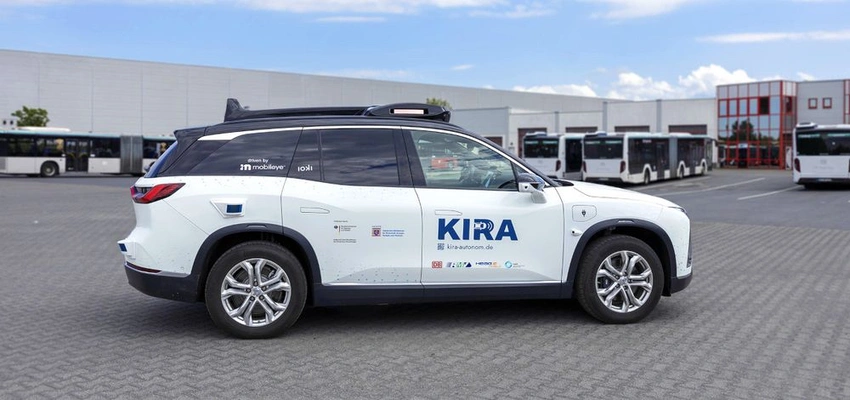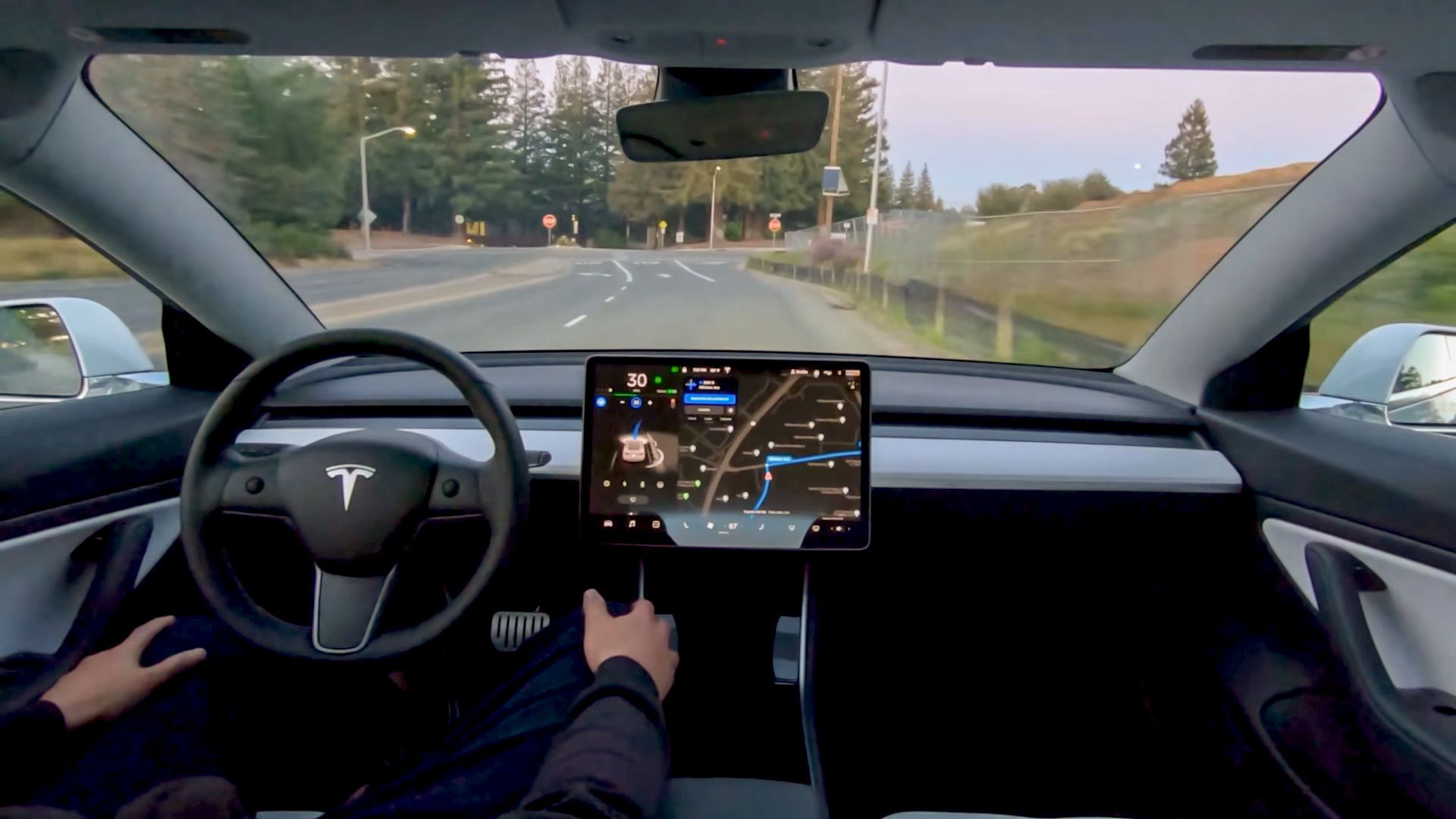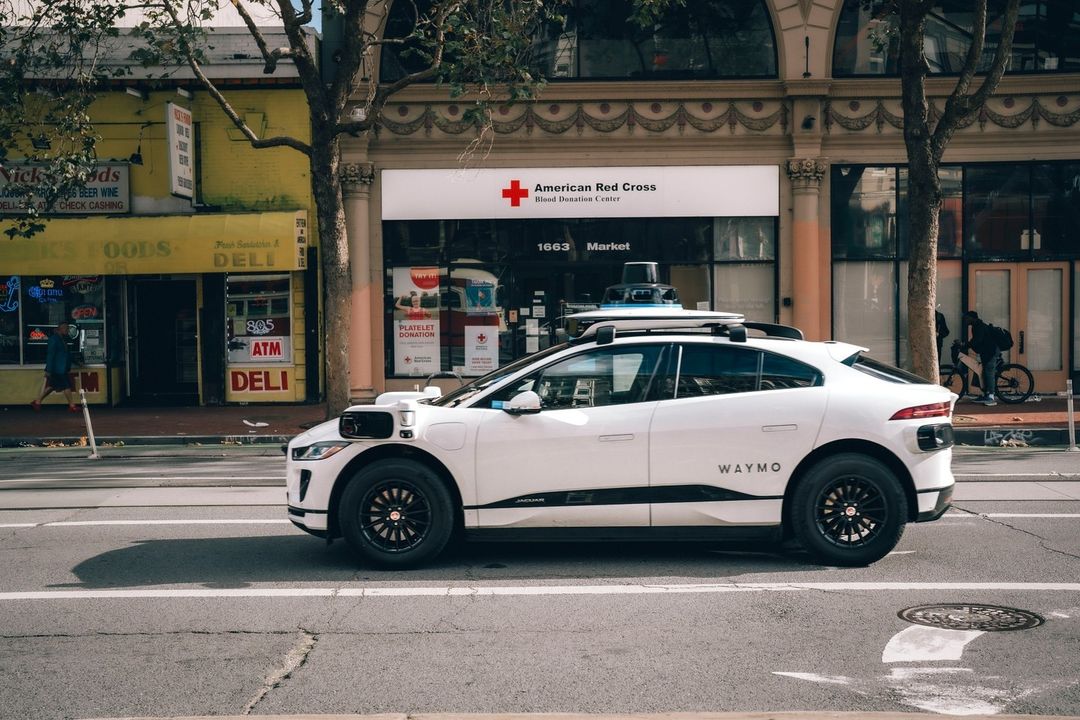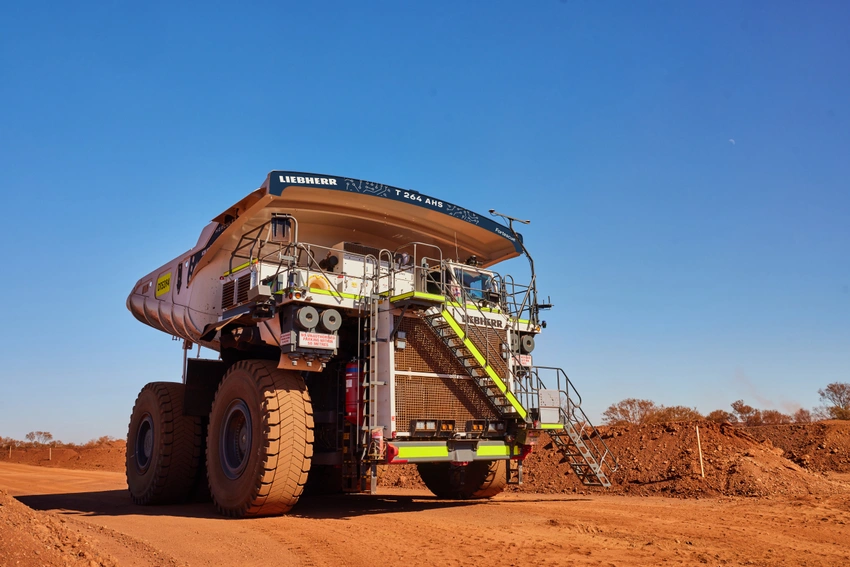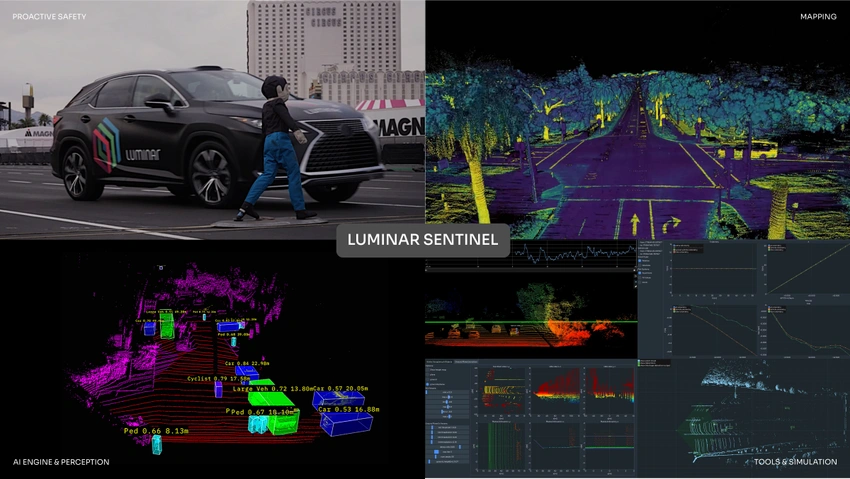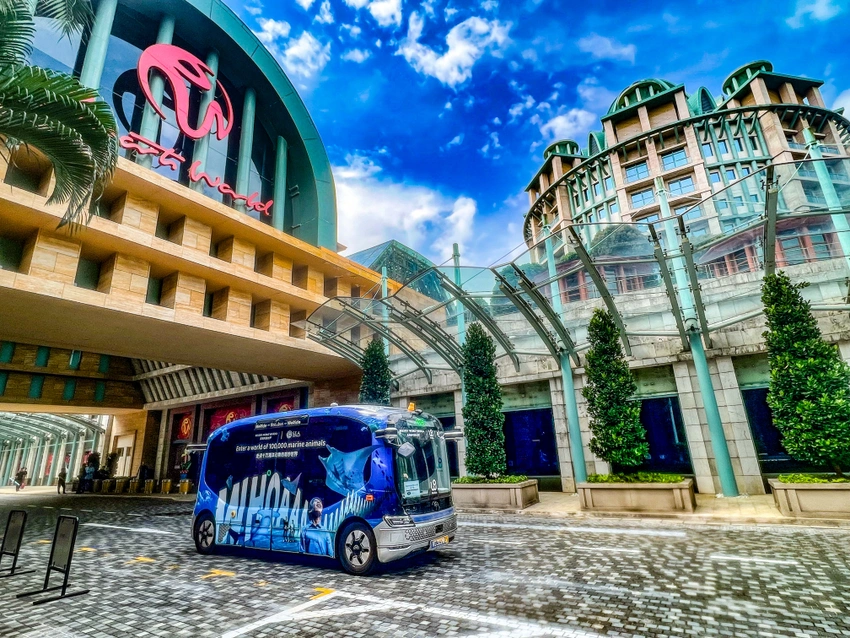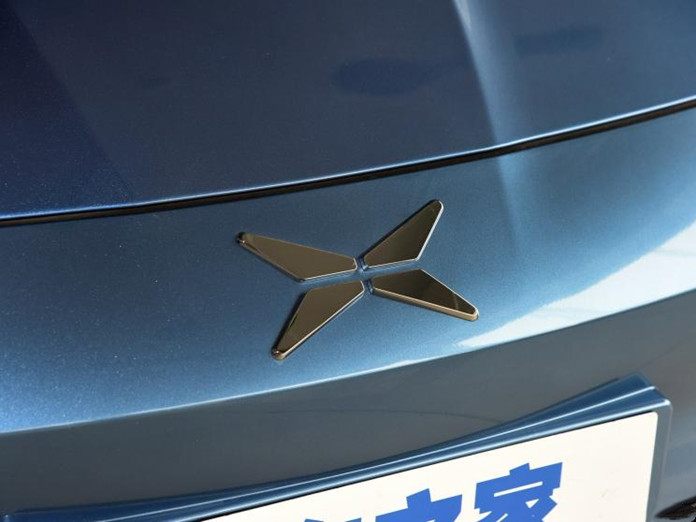Germany has embarked on its inaugural trial of Level 4 autonomous vehicles (AVs) for public transport in the Rhine-Main region, specifically in Darmstadt and parts of the Offenbach district. The KIRA project will initially deploy six autonomous vehicles on designated routes along public roads, with the ultimate goal of establishing an autonomous on-demand shuttle service in the area.
The AVs being tested are NIO ES8 SUVs equipped with the Mobileye Drive autonomous driving system, also slated to feature in the upcoming Verve robotaxi project in Zagreb, Croatia, backed by Rimac.
These vehicles are outfitted with radar and lidar sensors, capable of autonomous driving at speeds up to 81 mph and offering a range of approximately 249 miles. During the KIRA trial phase, the ES8s will operate without passengers, focusing on data collection, while being supervised by a safety monitor and monitored remotely from a control center.
Project stakeholders, including Bosch, ioki (providing booking and route planning software), Deutsche Bahn, and the Rhine-Main Regional Transport Association (RMV), are collaborating to gather feedback and establish operational guidelines.
The project, funded with $2.3 million from Germany’s Federal Ministry for Digital Affairs and Transport and the State of Hesse, aims to transition to passenger-carrying tests by the end of 2024.
Deutsche Bahn emphasized the potential of autonomous on-demand services to enhance public transport flexibility and accessibility, stating, “Autonomous on-demand driving services can make public transport more flexible and attractive. Shuttles that can be ordered on demand can provide nationwide mobility, especially in rural areas.” The integration of autonomous services is seen as a step towards seamless, door-to-door mobility solutions that rival the convenience of private vehicles.

